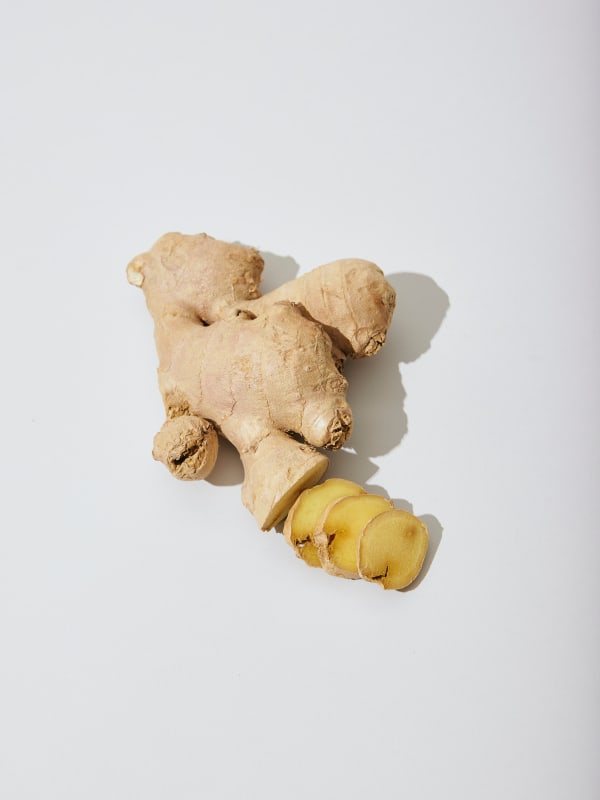Popular Conditions & Diets

Inflammation is a natural process of the body. It is essentially the immune system’s response to an irritant. Under normal conditions, inflammation is a beneficial process, but chronic inflammation can lead to many problems. Conditions like arthritis, psoriasis, asthma, IBS and metabolic syndrome all involve excess inflammation. Foods high in nutrients, antioxidants, and healthy fats are essential when it comes to reducing inflammation in the body.

Veggies: green leafy vegetables contain vitamin K, which can support a normal inflammatory response.
Fruits: fruits high in antioxidants and deep in colour (e.g. blackberries, blueberries, cherries, strawberries, raspberries) help combat free radicals that can otherwise lead to inflammation.

Refined sugars and artificial sweeteners: these highly processed foods will deplete the body more than support healing.
Trans-fats: trans-fats are a type of fat that the body cannot use. These fats can displace beneficial fats like omega fatty acids, adding to inflammation.
When cooking for an anti-inflammatory diet, try and include many vegetables, especially cruciferous veggies. Filling half of your plate with vegetables is a great place to start. The remainder of the plate should be filled with a combination of complex carbohydrates as well as a source of protein and fat.
Try and load up with the following staples when shopping:
Here are some swaps to consider when shopping for common ingredients:


Avocados: a great source of healthy fats and contain vitamin E, an antioxidant with anti-inflammatory properties.
Olive oil, Nuts, Seeds, Oily Fish: all of these fat sources contain omega fatty acids that are essential to reducing inflammation.
Turmeric and Ginger: both herbs exert a multitude of anti-inflammatory effects.
Beans and legumes: their high fibre content helps support a normal inflammatory response.
Refined carbohydrates: foods that highly processed carbohydrates can cause a spike in insulin which, over time, can lead to inflammation.
Processed vegetable oils: corn, safflower, sunflower, grapeseed, soy, peanut and canola oil all contain fats that displace beneficial fats, adding to inflammation.